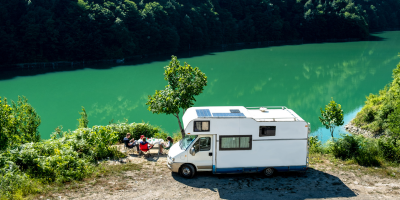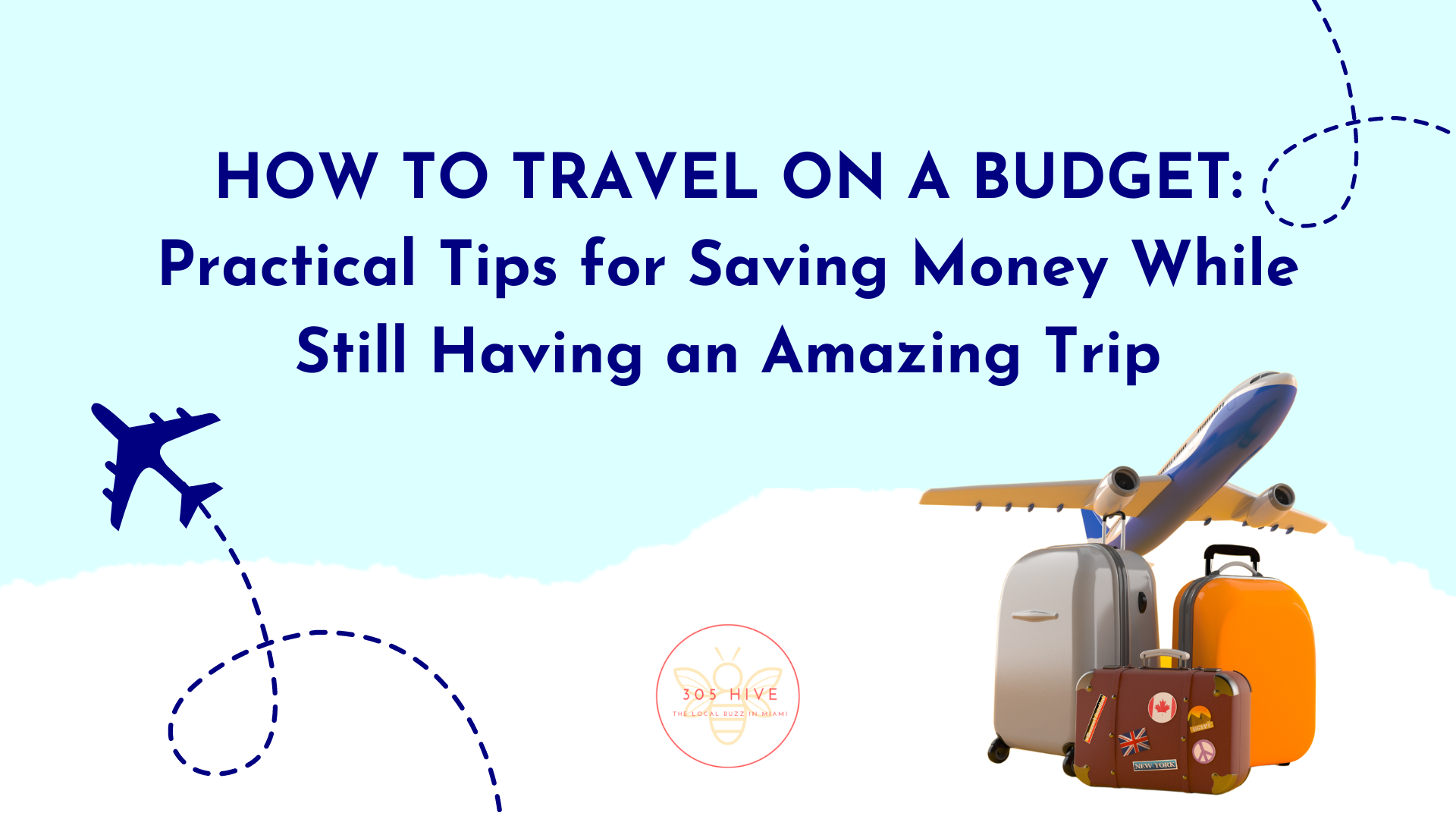Traveling on a budget doesn’t mean you have to miss out on amazing experiences. With a bit of planning and savvy decision-making, you can explore new destinations and create unforgettable memories without breaking the bank. Here are some practical tips to help you save money while still enjoying an incredible trip.
Plan Ahead and Be Flexible
Book in Advance: Securing flights, accommodation, and activities ahead of time often leads to significant savings. Look for early-bird deals and discounts.
Be Flexible with Dates: Traveling during off-peak seasons or mid-week can result in lower prices for flights and hotels. Use fare comparison tools like Google Flights, Skyscanner, or Kayak to find the best deals.
Choose Budget-Friendly Destinations
Research Affordable Places: Some destinations are inherently cheaper than others. Countries in Southeast Asia, Eastern Europe, and Central America offer fantastic experiences at a fraction of the cost of more popular tourist hotspots.
Look for Free Activities: Many destinations offer free attractions such as museums, parks, and historical sites. Do some research to find these gems.
Save on Accommodation
Stay in Hostels or Budget Hotels: Hostels, budget hotels, and guesthouses are often significantly cheaper than luxury hotels. Websites like Hostelworld and Booking.com can help you find affordable options.
Consider Alternative Lodging: Look into house-sitting, couchsurfing, or short-term rentals through platforms like Airbnb. These options can be more economical and offer a more authentic experience.
Cut Down on Food Costs
Eat Like a Local: Avoid touristy restaurants and seek out local eateries. Street food is often delicious and much cheaper than dining in upscale establishments.
Cook Your Own Meals: If you have access to a kitchen, you can prepare your own meals at local markets and grocery stores. This can save a significant amount of money.
Take Advantage of Free Breakfasts: Many hotels and hostels offer free breakfast. Fill up in the morning to reduce the need for expensive meals throughout the day.
Be Smart About Transportation
Use Public Transport: Public transportation is typically much cheaper than taxis or car rentals. Learn about local transit options and consider getting a travel pass if you plan to use it frequently.
Walk or Bike: Exploring on foot or by bike is not only cost-effective but also allows you to see more of your destination up close.
Consider Budget Airlines and Trains: Budget airlines and trains can offer significant savings, especially for shorter distances. Just be aware of potential extra fees for baggage and other services.
Take Advantage of Discounts and Deals
Use Travel Reward Programs: Sign up for airline miles, hotel loyalty programs, and credit card rewards to accumulate points that can be redeemed for free or discounted travel.
Look for Student, Senior, or Group Discounts: Many attractions and transportation services offer discounts for students, seniors, or groups. Always ask if a discount is available.
Purchase City Passes: Some cities offer passes that provide discounted or free entry to multiple attractions. These can be of great value if you plan to visit several sites.

Pack Wisely
Pack Light: Avoid checked baggage fees by packing light and only bringing a carry-on. This also makes it easier to navigate public transportation and move between accommodations.
Bring Essentials: Pack items like snacks, a reusable water bottle, and basic first-aid supplies to avoid unnecessary purchases on the go.
Stay Connected
Use Free Wi-Fi: Take advantage of free Wi-Fi in cafes, hotels, and public spaces to avoid expensive roaming charges.
Consider Local SIM Cards: If you need constant internet access, buying a local SIM card can be more cost-effective than using international plans.
Plan Activities and Sightseeing
Look for Free Walking Tours: Many cities offer free walking tours, during which you can learn about the history and culture from a local guide. Just remember to tip if you enjoy the tour.
Bundle Activities: Some attractions offer combination tickets or passes that can save you money if you plan to visit multiple sites.
Set a Daily Budget
Track Your Spending: Keep a daily budget to monitor your expenses. Use apps like Trail Wallet or Spendee to help you stay on track.
Prioritize Experiences: Decide what experiences are most important to you and allocate your budget accordingly. It’s okay to splurge on a special activity if you save elsewhere.

By following these practical tips, you can make the most of your travels without overspending. Remember, the best travel experiences often come from immersing yourself in the local culture and discovering hidden gems—not from spending a fortune. Happy travels!


